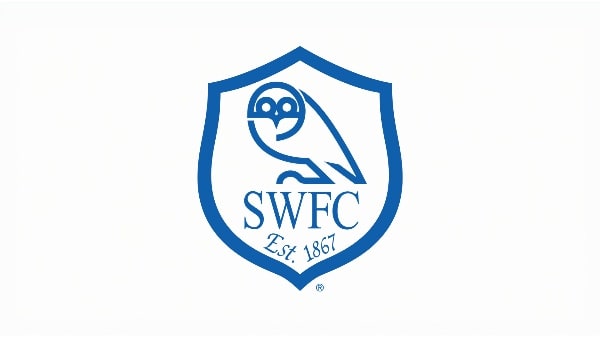Introduction
Sheffield Wednesday’s fall into administration has shaken English football. The 157-year-old club, one of the country’s oldest, will begin next season with an automatic points deduction, a direct consequence of financial collapse.
What Went Wrong at Sheffield Wednesday
The warning signs were clear for months. Players went unpaid, suppliers went unsettled, and match-day revenues were stretched thin. Owner Dejphon Chansiri, who took control in 2015, had already faced scrutiny for delayed payments and unsustainable wage spending.
When a business “goes into administration,” it means it has run out of money to pay its debts and needs emergency legal protection. Rather than closing down, the law allows it to enter administration, essentially a legal process designed to rescue it. Control passes from the owner to an independent insolvency practitioner, known as an administrator, whose role is to stabilise the club, manage its finances, and find a realistic route to recovery.
In plain terms, administration gives a business breathing space. It pauses debt collection while lawyers, accountants, and investors work to save what’s left. For football clubs, that often means keeping wages paid, fixtures running, and fans in their seats while new ownership is sought.
Sheffield Wednesday’s predicament highlights the fragility of football’s finances. While some Premier League clubs operate with limitless wealth from sovereign funds or private equity, many historic institutions will deal with poor management.
From Private Sport to Public Interest
In April 2025, Parliament passed the Football Governance Act, establishing the Independent Football Regulator (IFR), a new body designed to prevent cases like Sheffield Wednesday’s from recurring. The regulator will license clubs, vet owners, monitor spending, and protect the heritage elements that matter to fans, club names, badges, and home grounds.
By establishing the IFR, the government has formally declared that football is in the public interest. In simple terms, that means protecting something because it matters to the broader public, not just those who own it. Football clubs are not ordinary companies; they carry social, cultural, and emotional weight. When one collapses, it’s not just investors who lose, it’s an entire community that suffers.
The Commercial Divide in the Global Game
Football has become one of the world’s most globalised industries. U.S. investors, celebrities, and hedge funds are buying into clubs once owned by local businessmen. The Ryan Reynolds-led Wrexham takeover may have captured headlines, but behind the glamour lies an uncomfortable reality: the richest clubs continue to grow richer, while others struggle to survive.
This widening gap between the top and the rest is driving reform. The IFR aims to ensure responsible spending, transparency in ownership, and sustainable club management, effectively bringing football under the same kind of scrutiny as financial markets.
How Legal Teams Get Involved
The collapse of Sheffield Wednesday has turned into a real-world case study for law firms.
Insolvency and Restructuring Lawyers are guiding administrators through debt restructuring, asset sales, and negotiations with the English Football League.
The Regulatory and Governance Teams are preparing to assist clubs in meeting the IFR’s new licensing requirements and ownership tests.
Sports and Commercial Lawyers must now adapt contracts, sponsorships, and broadcasting deals to align with financial sustainability rules.
Meanwhile, M&A and Private Equity Teams advising new investors will face enhanced due diligence obligations under the Football Governance Act.
Future Outlook
Sheffield Wednesday’s administration has accelerated a conversation long overdue: how to protect football clubs that mean more to communities than they do to balance sheets.
The government’s creation of the IFR is an attempt to strike a balance that makes football financially sustainable without stifling ambition. The coming seasons will test whether regulation can truly safeguard heritage while keeping investment flowing.
For now, Wednesday’s case stands as both a warning and a wake-up call. It reminds fans, investors, and lawyers alike that football isn’t just a game of money or goals, it’s part of Britain’s social fabric, and it now comes with rules to prove it.
